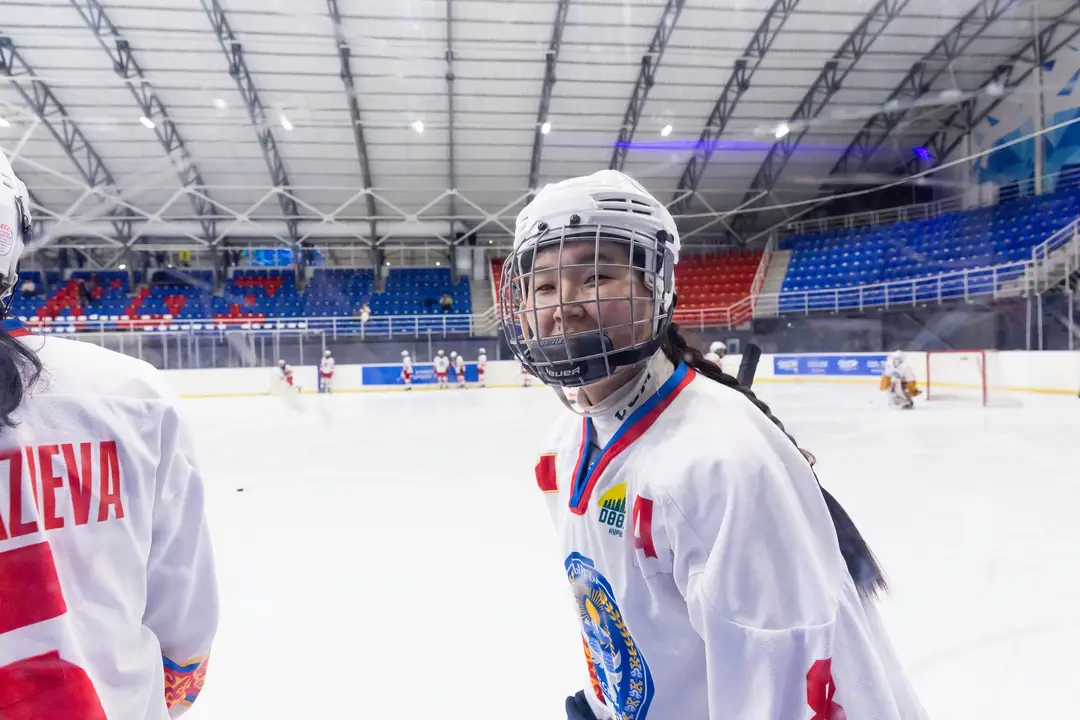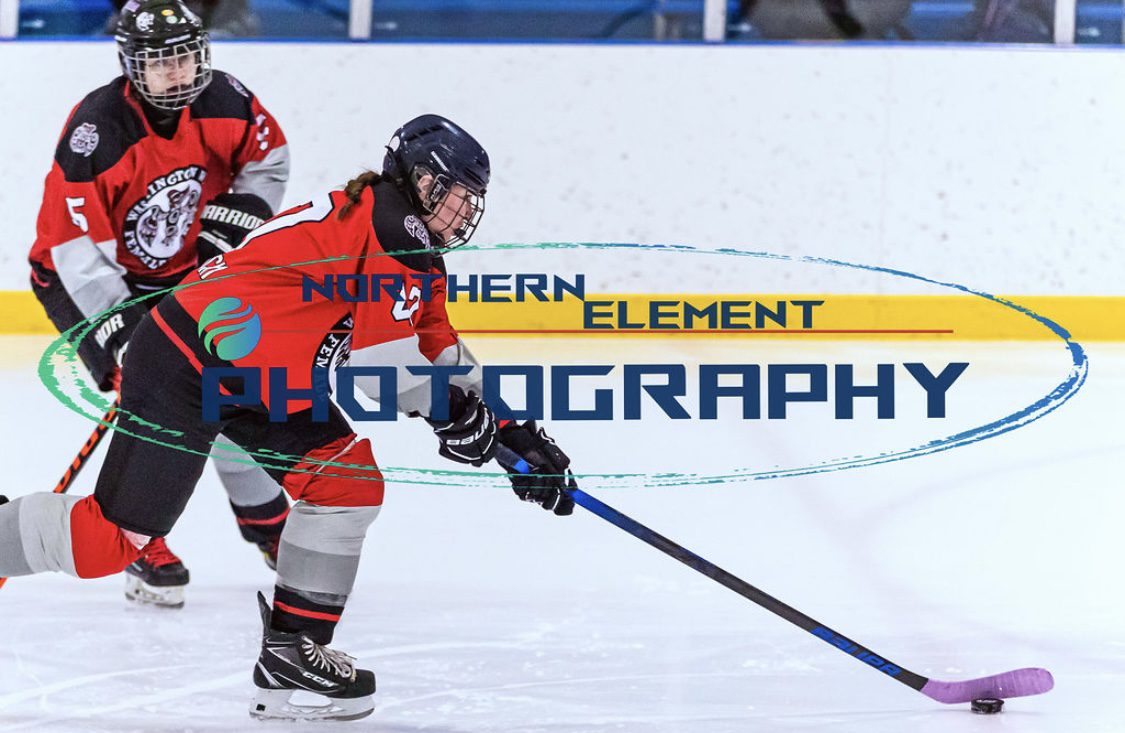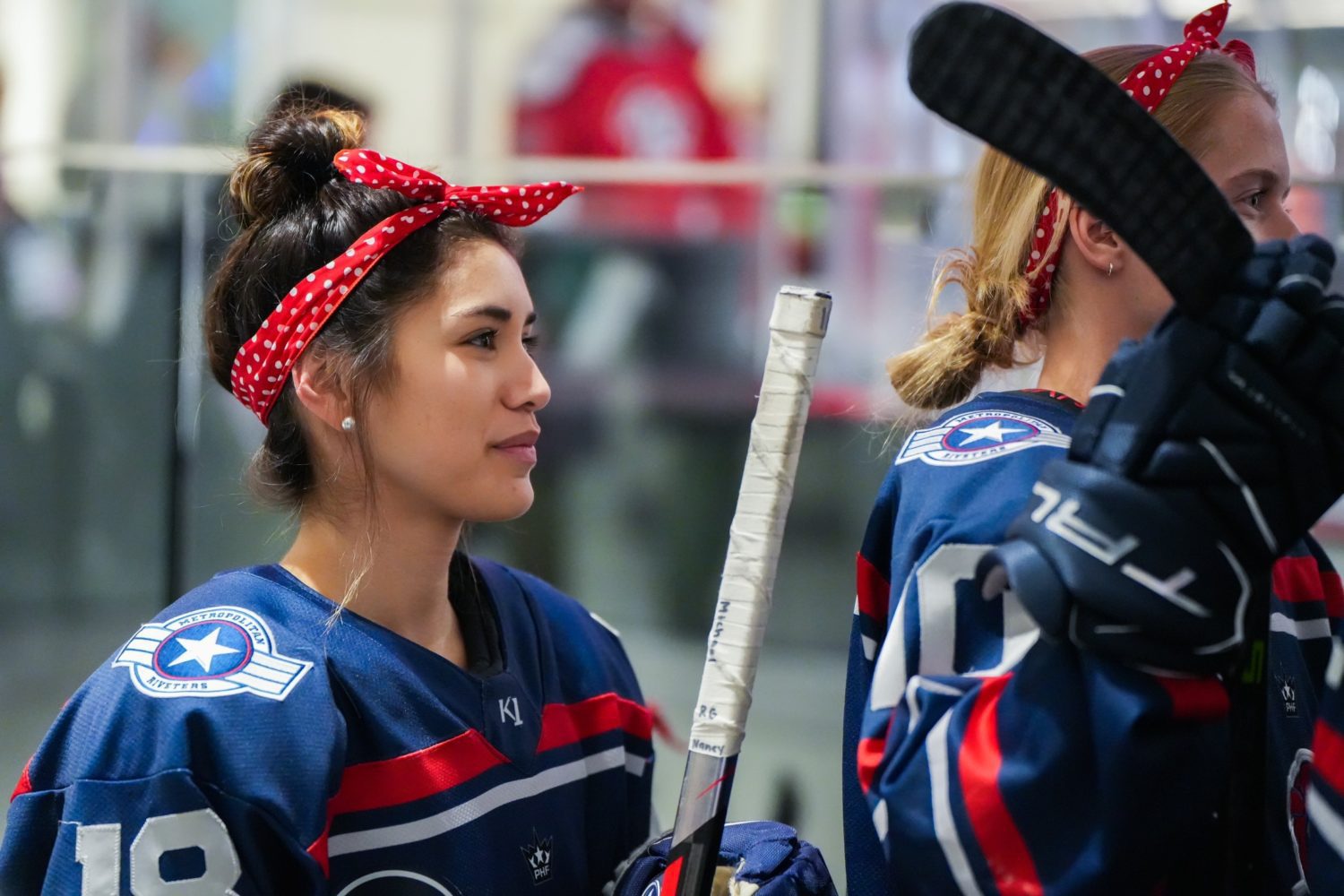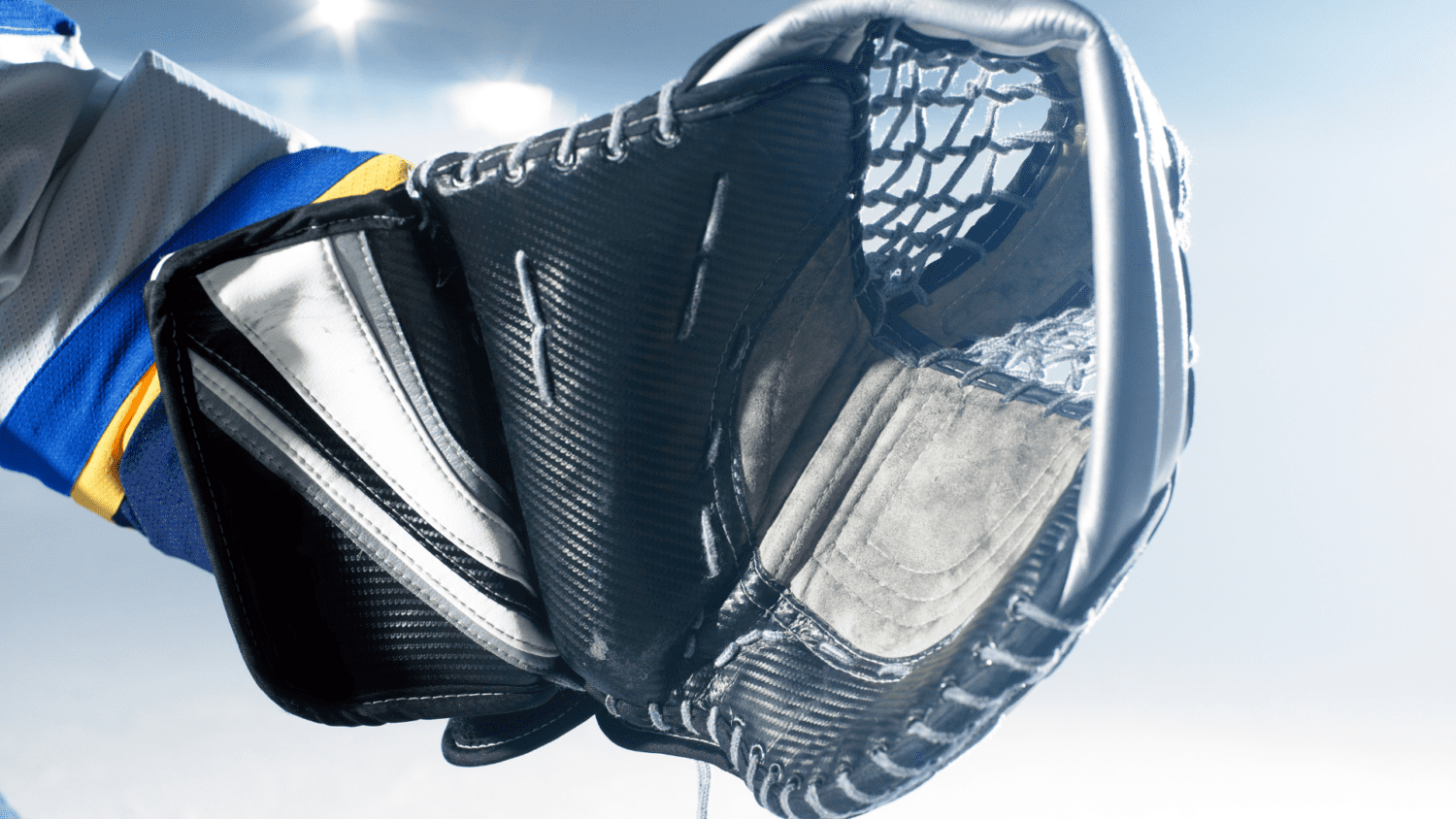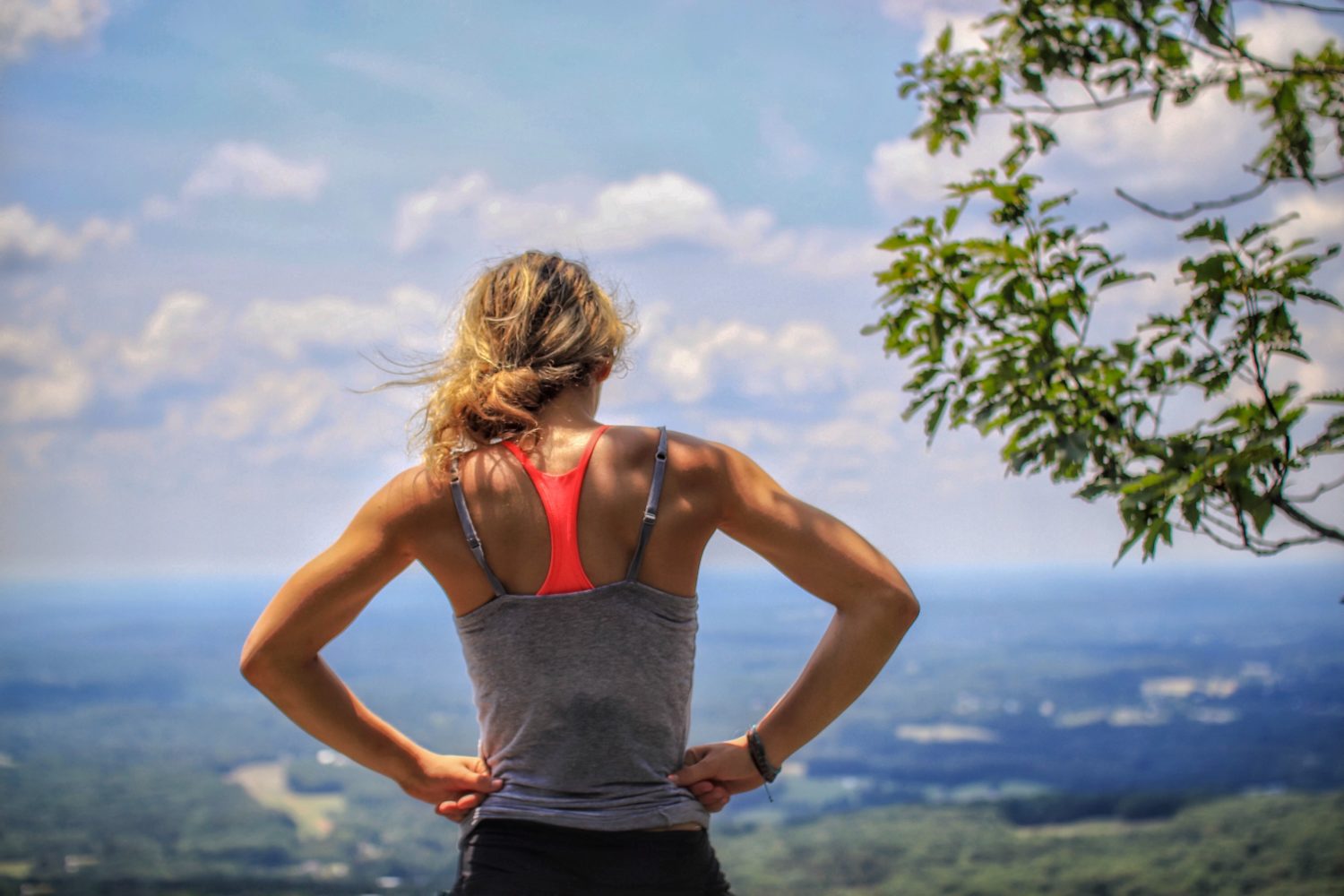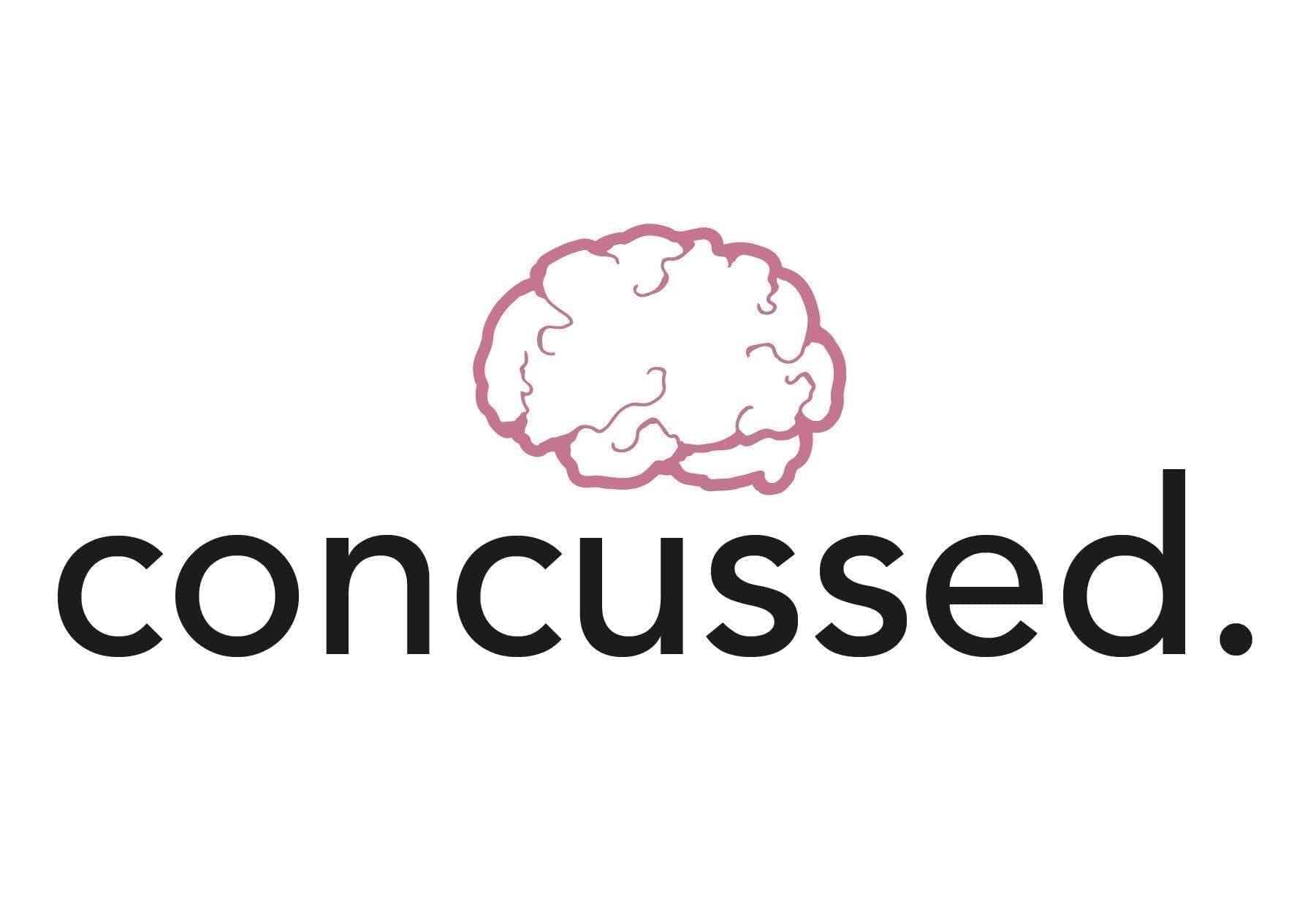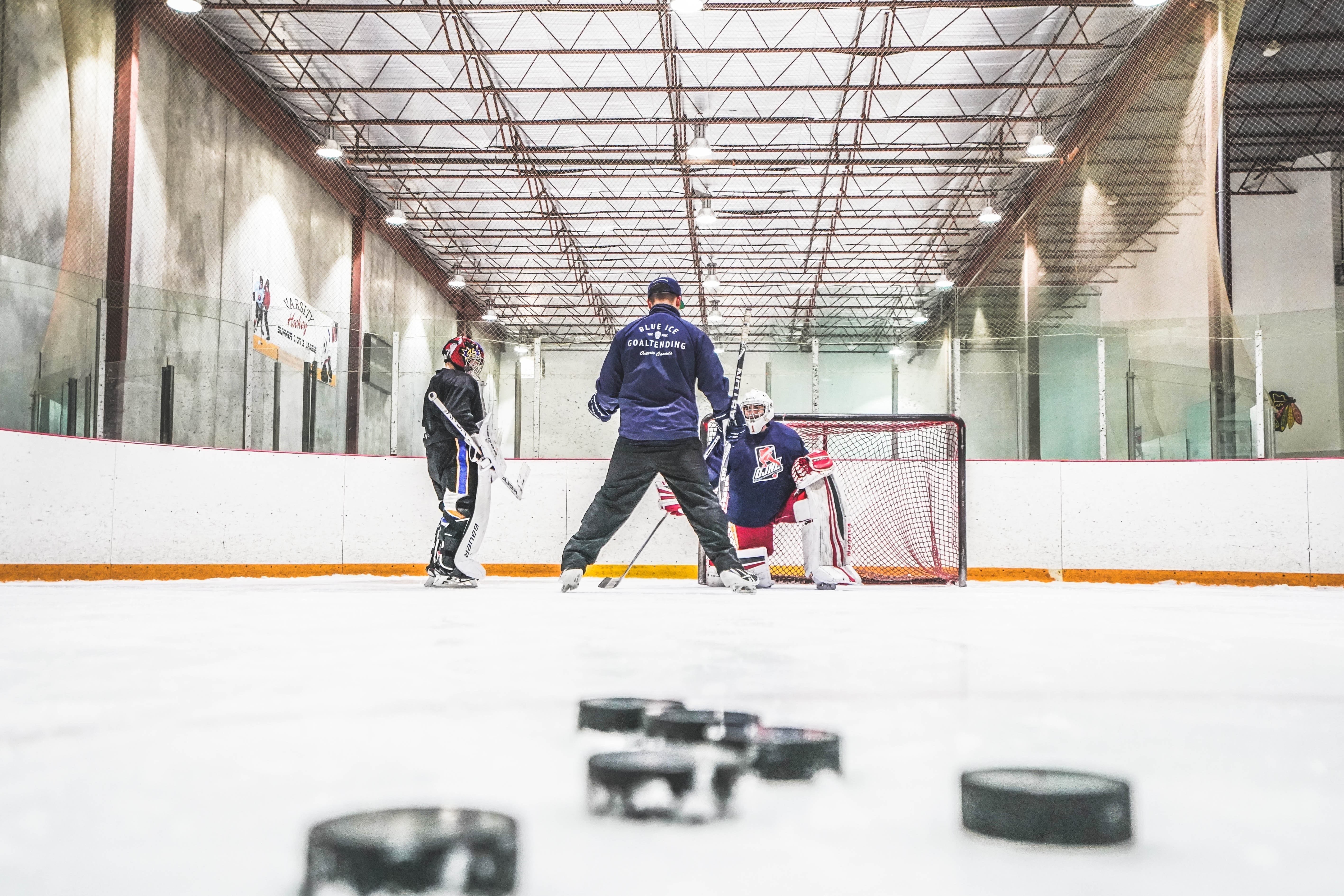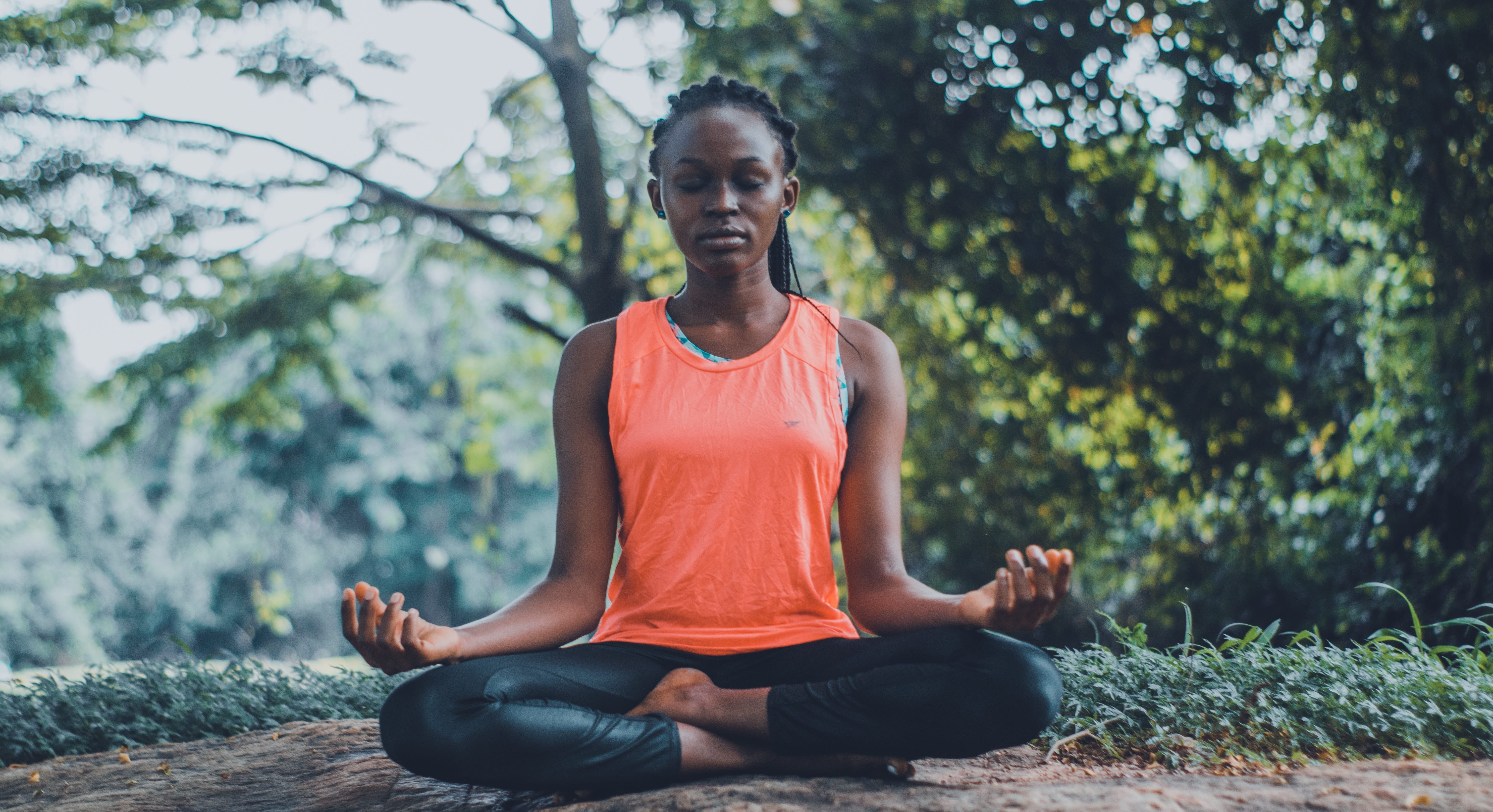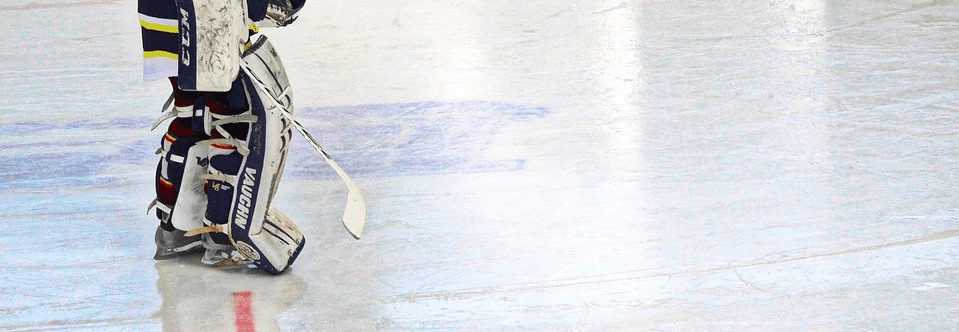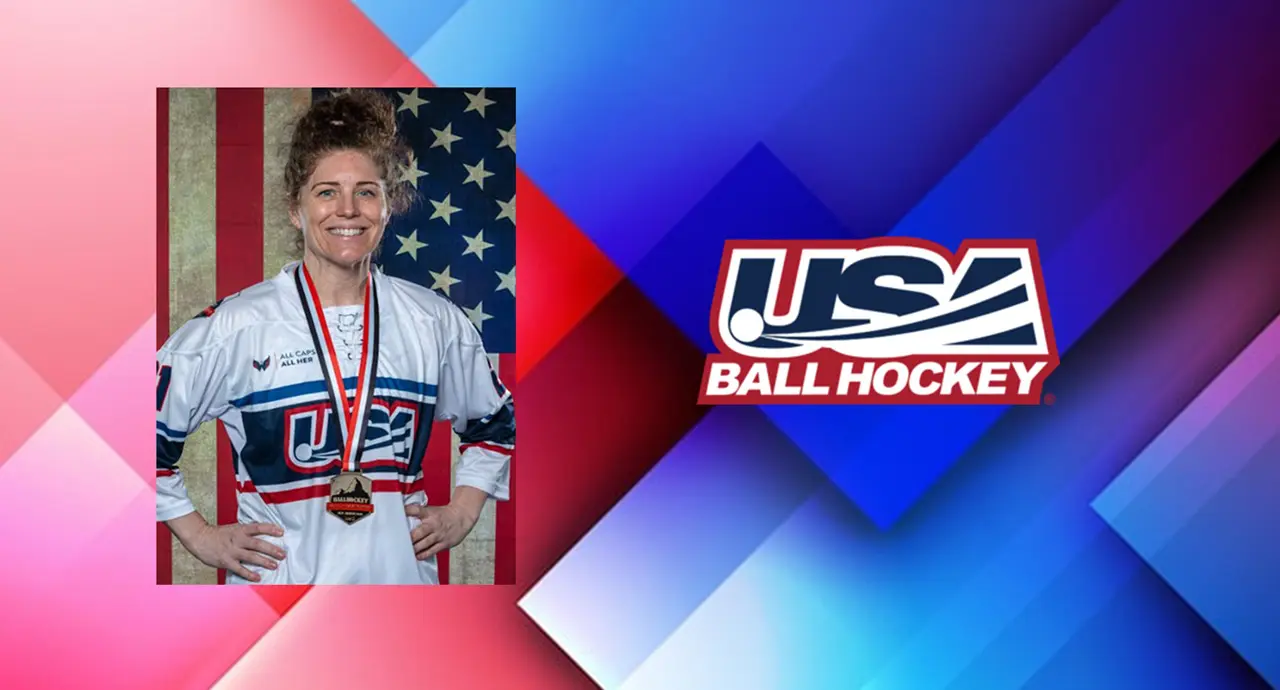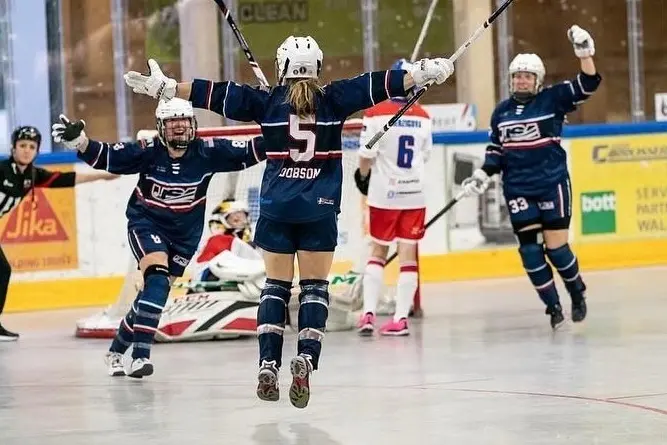Continuing from Part 1 of the mental game of hockey, we’ll look at different ways sports psychologists can help you improve your game.
Let’s do a little set back in time: imagine the time of the Neanderthals and a wild, possibly deadly animal is standing right in front of you. How would you feel and react? Either fight, flight or freeze?!
Why am I telling you this? That’s the evolutionary background that still affects our lives, hence it also affects our sport and situations of pressure or anxiety.
Fight-flight-freeze response
Here, in brief, is how survival-oriented acute stress responses function. Correct or not, if you assess the immediately menacing force as something you potentially have the power to defeat, you go into fight mode. In such instances, the hormones released, especially adrenaline, prime you for battle. Conversely, if you see the force as too powerful to overcome, your impulse is to escape, which is of course, the flight response (Seltzer, 2015).
In moments of fear, the flight response is a natural defense mechanism. Recognizing this and finding strategies to understand this response helps us cope with situations so that we can use this natural response for good. Mastering this response allows individuals to perfect the balance between activation and relaxation to empower their potential.
Emotion management
Ice hockey is a very emotional sport and a certain willingness and aggression is wanted. Maybe you remember a situation where your emotions were right in your way. Sport psychology helps to accept and understand emotions and manage them so that they are not affecting your game negatively. Furthermore, sport psychologists work with you to process emotions, not get too stressed or emotionally exhausted, use emotions for good and channel your energy in order to get to the heart of the issue
“CARE—SHARE—PREPARE—DARE” to realize your potential (Botterill, 2014, p.23).
Injury management
The role of the mind is important to injuries when it comes to impact on rehabilitation and a quick and effective return. Developing a mental rehabilitation program additional to the physical one helps to deal with the injury, manages pain and sets up the right mindset to lower fear, increase confidence and set up focus.
So, it’s applying your individual mindset to challenging situations you face daily on and around the ice.
From “I” to “We” as a team
To quote Kareem-Abdul-Jabbar, “One man can be a crucial ingredient on a team, but one man cannot make a team.”
So everyone is important but only all of you together can win the game.
Sports psychology not only supports you with a variety of techniques but also helps to optimize team performance, how to deal with failure and success, and to stick together as a team with the coach and all people involved. It’s not only about reaching your own full potential but to enhance the team performance because you go out there as “we” not “I”.
Think of the cogwheels again–only all of them working together and adjusted to each other can start a movement and create a lot of power!
Hope you liked Part 2! The next blog on offseason training is l…oading.
Stay positive!
– Angi Keplinger
PS: If you feel like you need to hear more details about a topic of sport psychology, please let me know and I’ll do my best to put it in my next blog posts. (www.sportpsychologie.tirol or [email protected] )
[adrotate group=”1″]
Related Articles
Categories
Recent Posts
[adrotate group=”2″]

